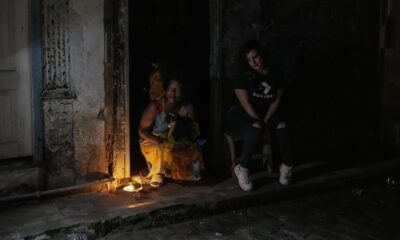News
Cuba’s Power Restoration Plan Faces Challenge as Hurricane Oscar Nears
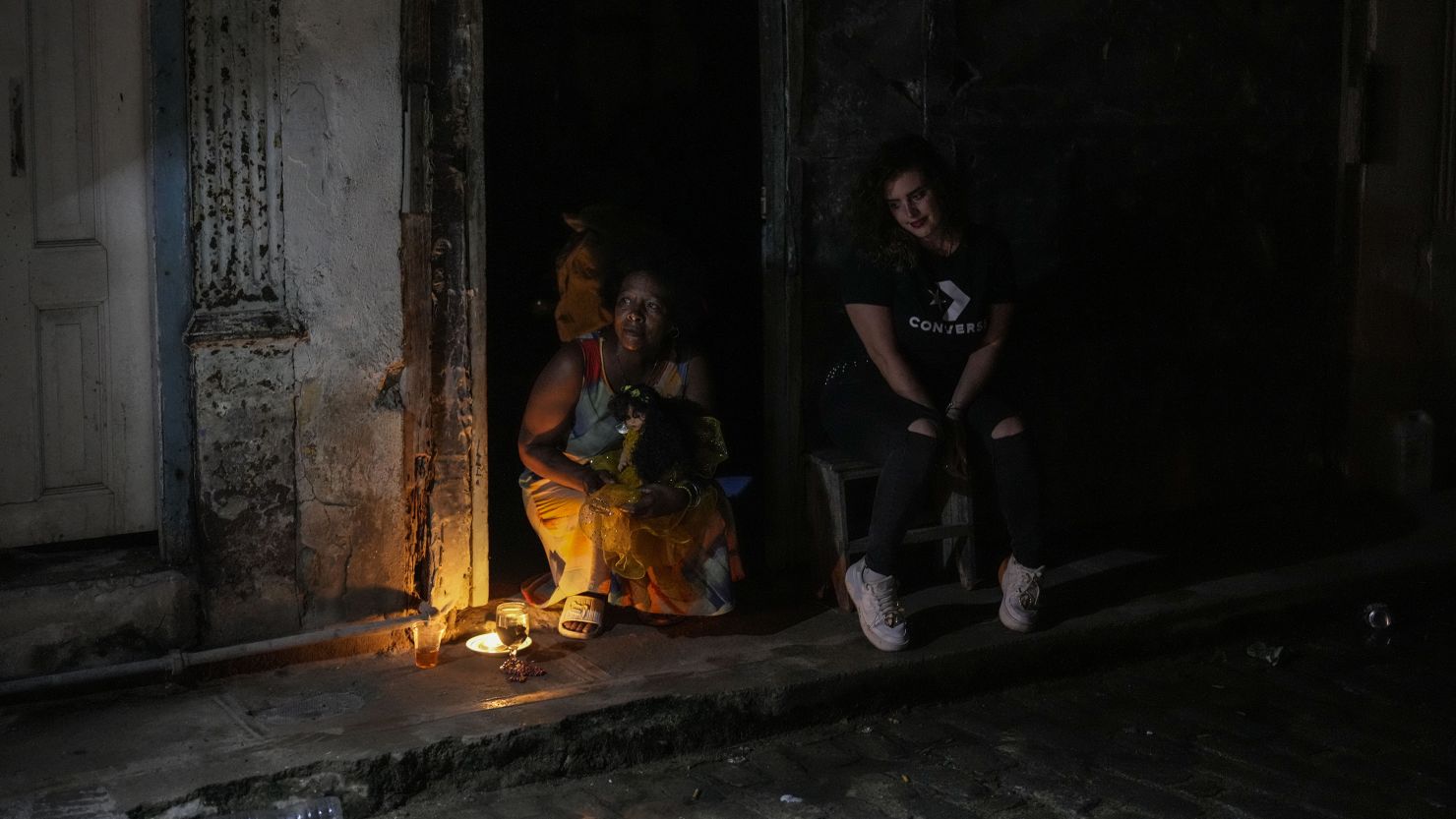
Cuba’s government has assured that most of the island will have power restored by Monday, despite facing the imminent arrival of Hurricane Oscar. The island has been experiencing power outages since Friday, affecting 10 million people after its main energy plant failed. While electricity was partially restored on Saturday, another collapse occurred overnight, leaving many without essential services such as water and refrigeration. As the storm approaches, fears grow that it will further damage Cuba’s fragile energy infrastructure, prompting emergency measures.
The government has declared that all non-essential activities, schools, and nightclubs will remain closed until Monday, and has urged non-essential workers to stay home to conserve power. President Miguel Diaz-Canel emphasized the urgency of protecting citizens and economic resources in preparation for the storm’s arrival. Hurricane Oscar, a Category 1 storm with winds reaching 85 mph, is expected to make landfall in the eastern regions of Guantanamo or Holguin. The National Hurricane Center warns of potential flash flooding and mudslides in these areas.
Cuba’s energy and mining minister, Vicente de la O Levy, expressed confidence that power would be restored for the majority of the population by Monday night, with the remaining customers potentially receiving service by Tuesday. However, the widespread outages and the arrival of Oscar highlight the vulnerabilities of Cuba’s aging energy grid, which has been exacerbated by the U.S. embargo and ongoing fuel shortages. Prime Minister Manuel Marrero, addressing the blackout crisis, pointed to infrastructure deterioration and rising energy demand as contributing factors to the repeated failures.
The situation has also placed a strain on hospitals and other essential services, with growing concerns about the prolonged power disruption and the impact of the incoming storm. Many families have resorted to cooking with firewood, and social media users have expressed mounting frustration over the continuing outages.
Cuban Foreign Minister Bruno Rodríguez reiterated that lifting the U.S. embargo could alleviate the energy crisis, stating that without these sanctions, blackouts could be avoided. As the island braces for the impact of Hurricane Oscar, authorities are racing against time to restore services and safeguard citizens.
News
Israel to reopen Gaza crossing after search for last dead hostage’s body ends
Israel has announced plans to allow a limited reopening of the Rafah crossing, signalling a potential easing of restrictions amid ongoing security operations linked to the recovery of a missing Israeli serviceman.
On Sunday night, Prime Minister Benjamin Netanyahu’s office said Israel had “agreed to a limited reopening of the Rafah crossing for pedestrian passage only, subject to a full Israeli inspection mechanism.” The move is contingent on the completion of a military operation aimed at locating and returning the remains of Ran Gvili.
In a statement, Israeli authorities said the military was “currently conducting a focused operation to exhaust all of the intelligence that has been gathered in the effort to locate and return” Gvili. The operation, they stressed, is being carried out in close coordination with the United States.
“Upon completion of this operation, and in accordance with what has been agreed upon with the US, Israel will open the Rafah crossing,” the statement added, underlining that the reopening is part of a broader, carefully managed framework designed to balance humanitarian considerations with security requirements.
Earlier on Sunday, the Israeli military confirmed that troops had “begun a targeted operation in the area of the Yellow Line in the northern Gaza Strip” as part of efforts to retrieve Gvili’s body. The Yellow Line marks the boundary of territory that remains under Israeli control in line with the current ceasefire arrangement.
News
China’s top general under investigation
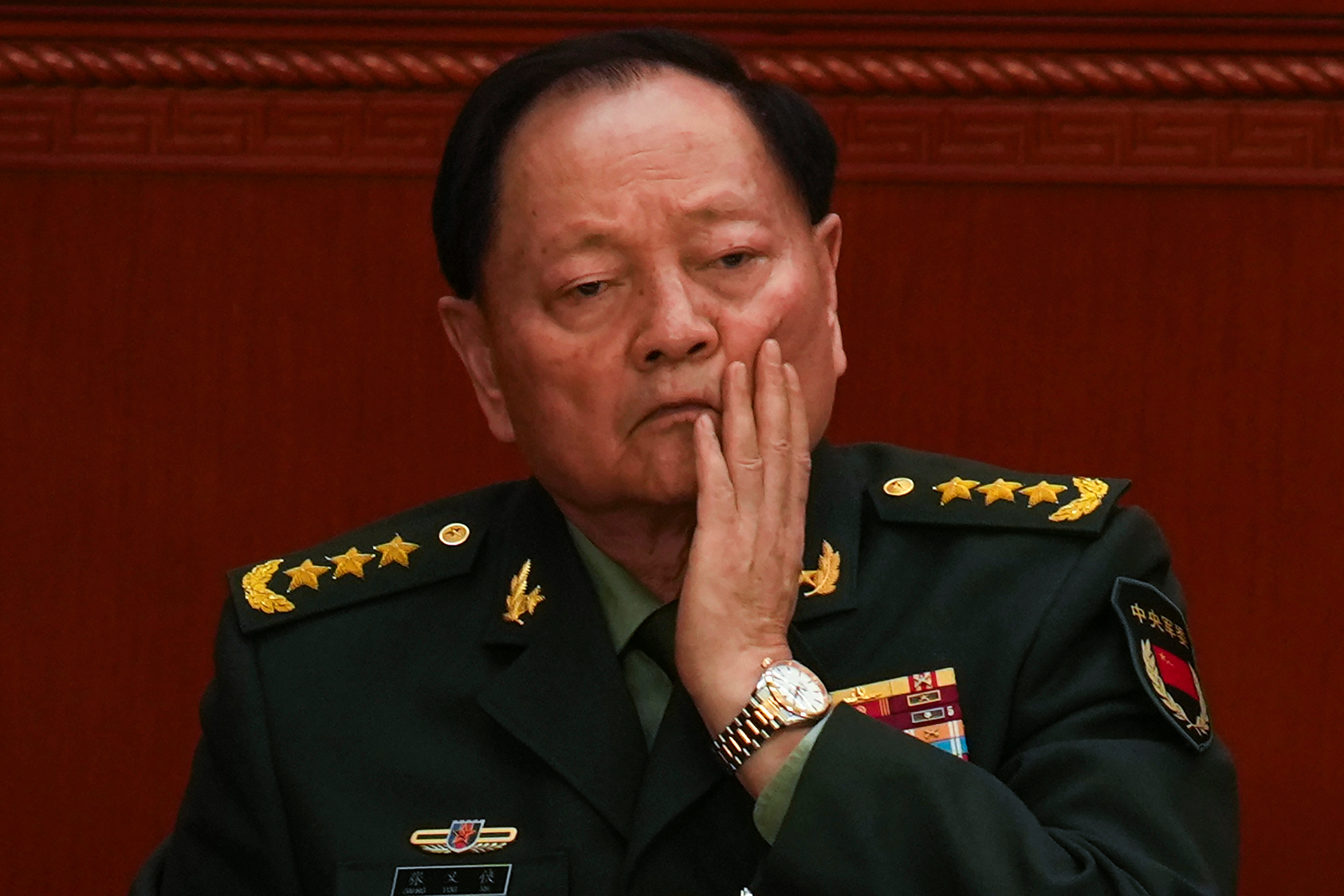
China’s defence ministry has announced that it has opened an investigation into the country’s highest-ranking general, underscoring what authorities present as a renewed commitment to discipline, accountability and institutional integrity within the armed forces.
In a brief statement, the ministry said General Zhang Youxia is being investigated for what it described as “grave violations of discipline and the law.” No further details were provided, but such language in China is commonly used to indicate alleged corruption or serious breaches of party rules. The announcement also confirmed that another senior officer, General Liu Zhenli, is under investigation as part of the same process.
General Zhang, 75, is one of the most senior figures in China’s military establishment. He serves as a vice-chairman of the Central Military Commission (CMC), the powerful Communist Party body chaired by President Xi Jinping that exercises full control over the armed forces. Zhang is also a member of the 24-person Politburo, placing him at the heart of China’s political and military decision-making.
The move follows the expulsion of nine top generals in October, marking one of the most extensive and public military crackdowns in decades. Taken together, these actions highlight a sustained effort by the leadership to reinforce discipline at the highest levels of the People’s Liberation Army and to strengthen confidence in its command structure.
Zhang’s career has been closely intertwined with the modern history of the Chinese military. He joined the army in 1968 and is among a small group of senior leaders with direct combat experience. His family background is also notable: his father was one of the founding generals of the Chinese Communist Party, giving Zhang long-standing revolutionary credentials.
He had been retained in his post beyond the customary retirement age for senior officers, a decision widely interpreted as a sign of President Xi’s trust in his leadership and experience. That context has made the investigation particularly striking, reinforcing the message that no individual is beyond scrutiny as the party seeks to uphold its standards.
Speculation about potential investigations intensified earlier this month after rumours circulated that both Zhang and Liu were absent from a high-level party event in December, an absence that often fuels questions about officials’ standing. The defence ministry’s announcement has now provided official confirmation that formal proceedings are under way.
News
Rescue Efforts Intensify After Deadly Landslides Strike New Zealand’s North Island
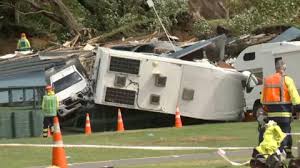
Two people have been confirmed dead and several others are feared missing following a series of landslides triggered by days of relentless heavy rainfall across New Zealand’s North Island, as emergency services continue extensive search and rescue operations in difficult conditions.
Authorities said the two fatalities were recorded in Welcome Bay, where large volumes of earth and debris swept through parts of the community. Meanwhile, rescue teams remain on the ground at a separate and highly concerning site at a popular campground on Mount Maunganui, where several people are believed to be buried beneath rubble. Despite the lack of “signs of life” so far, officials say efforts are continuing with urgency and care.
Emergency services have indicated they have a preliminary understanding of how many people may be unaccounted for, though they are awaiting confirmation before releasing exact figures. They have disclosed only that the group of missing individuals includes “at least one young girl,” a detail that has deepened concern nationwide and reinforced the resolve of rescue crews working around the clock.
The landslides are part of a broader weather emergency caused by days of intense rainfall, which has led to widespread flooding, road closures, and power outages across much of the North Island. Entire communities have been cut off, and infrastructure damage remains extensive in several regions. One government minister described scenes along the east coast as resembling “a war zone,” underscoring the scale of the destruction left behind by the storms.
Despite the severity of the situation, authorities have praised the rapid mobilisation of emergency responders, local volunteers, and support agencies. Heavy machinery, specialist search teams, and welfare services have been deployed, while affected residents are being offered shelter, food, and medical assistance as conditions allow.
Officials have also emphasised that safety remains the top priority, with ongoing assessments of unstable ground and the risk of further slips as rain continues in some areas. Communities have been urged to follow evacuation orders and official guidance as recovery and rescue efforts progress.
-
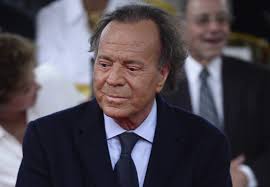
 Entertainment1 week ago
Entertainment1 week agoJulio Iglesias denies sexual abuse as Spanish Court Opens Investigation
-

 News1 week ago
News1 week agoMachado vows to lead Venezuela ‘when right time comes
-

 Sports1 week ago
Sports1 week agoManchester City Agree £20m Deal to Sign Crystal Palace Captain Marc Guehi
-
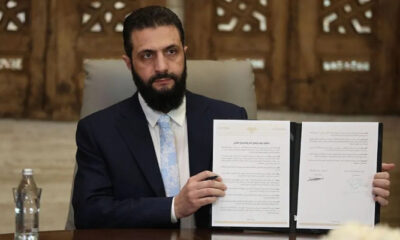
 News1 week ago
News1 week agoSyria strikes new ceasefire deal with SDF
-

 Sports1 week ago
Sports1 week agoSenegal Claim Dramatic Afcon Glory After Controversial Final Against Morocco
-
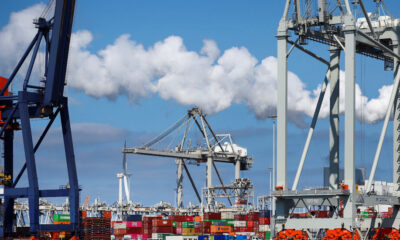
 News6 days ago
News6 days agoEurope to suspend approval of US tariffs deal
-

 News4 days ago
News4 days agoZelensky Secures Post-War Security Framework with Trump
-

 Sports4 days ago
Sports4 days agoSancho’s Breakthrough Strike Sends Aston Villa into Europa League Last 16

